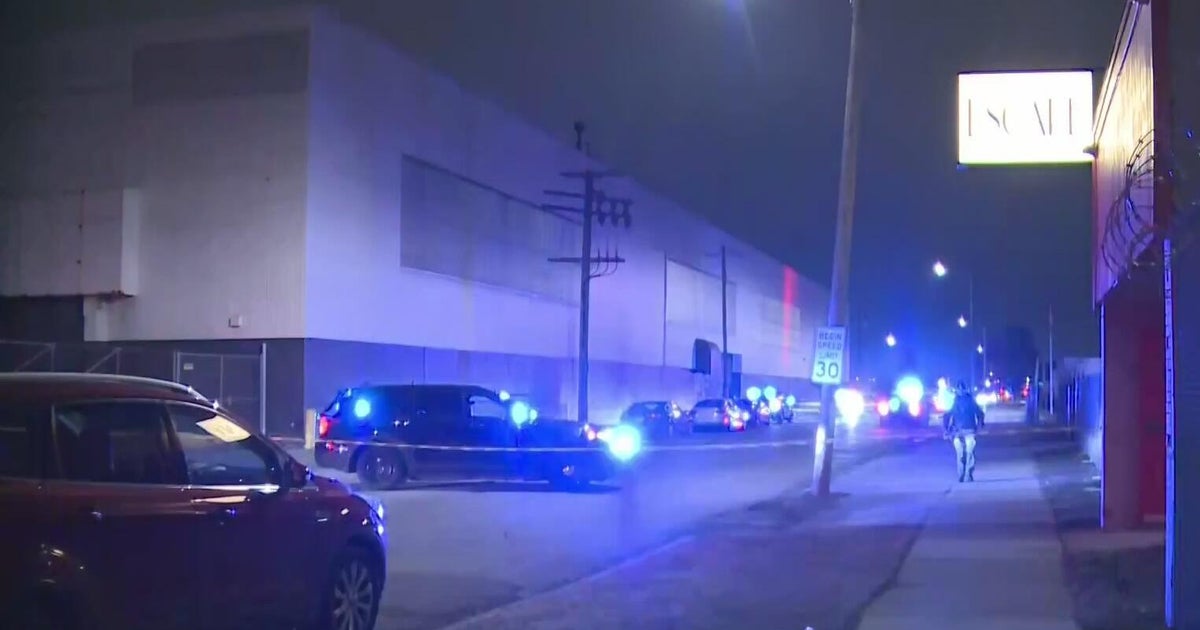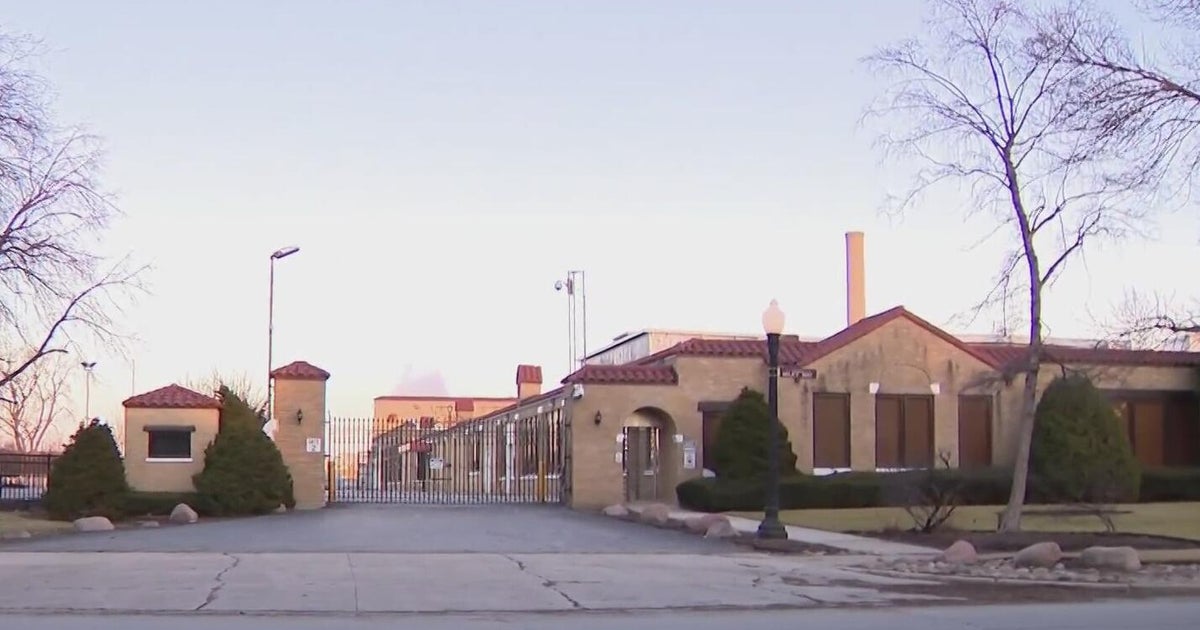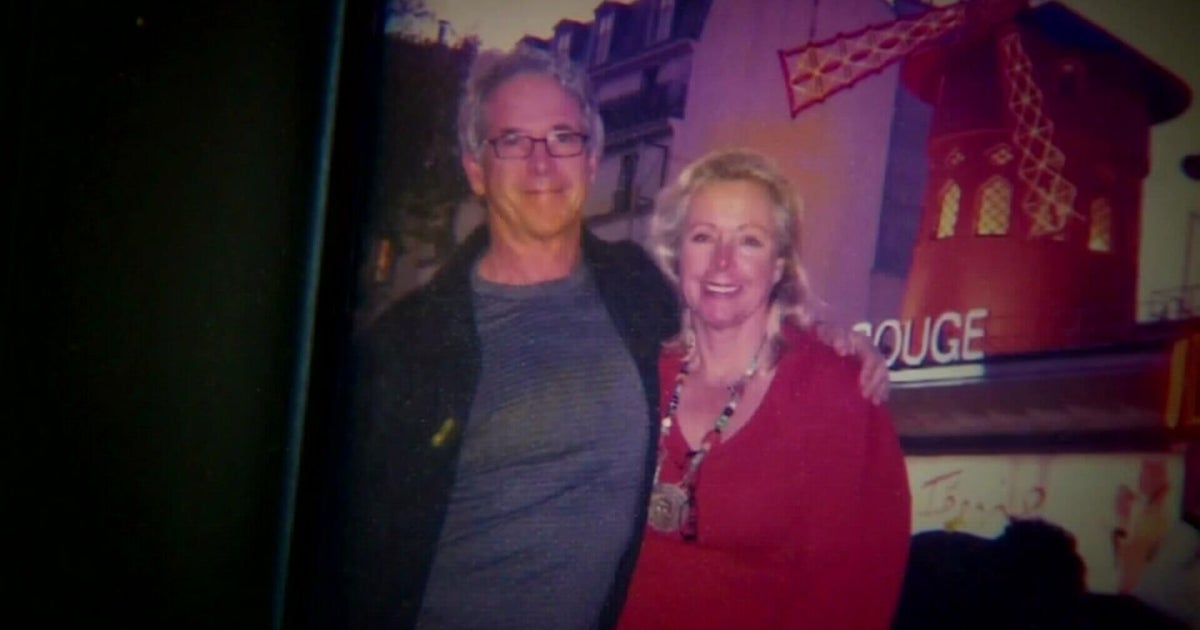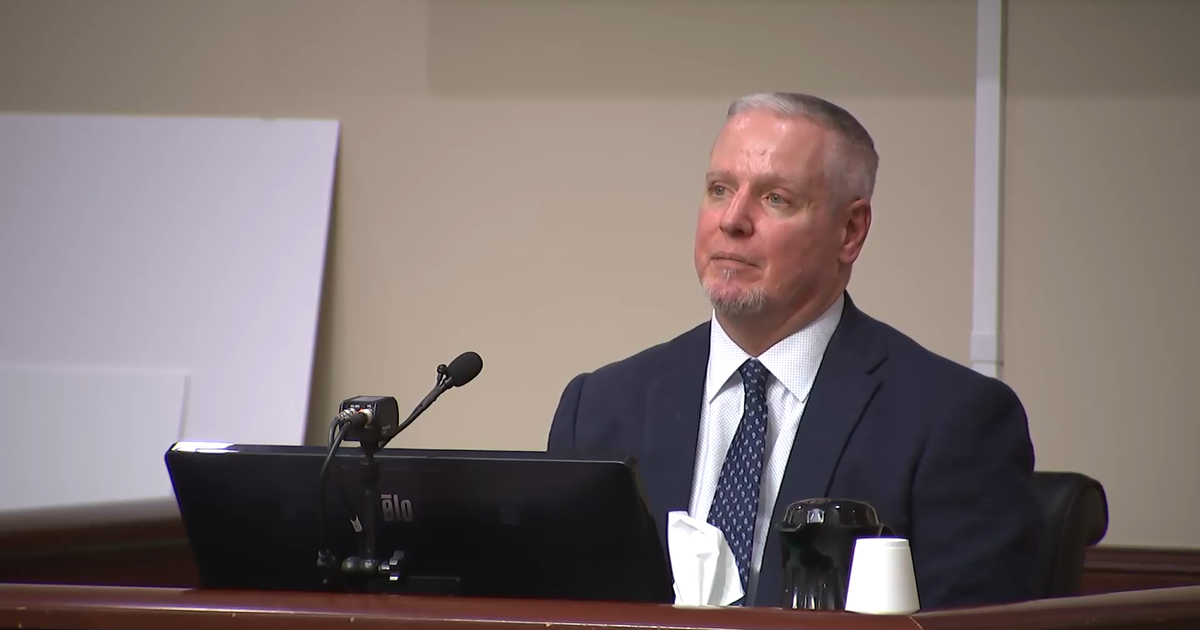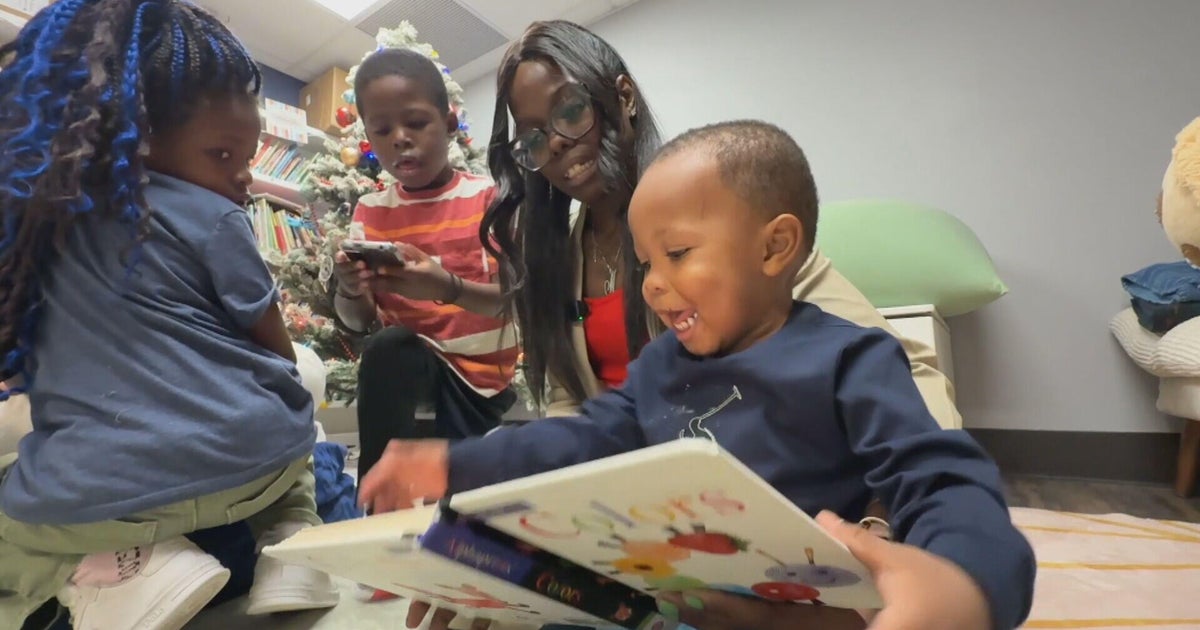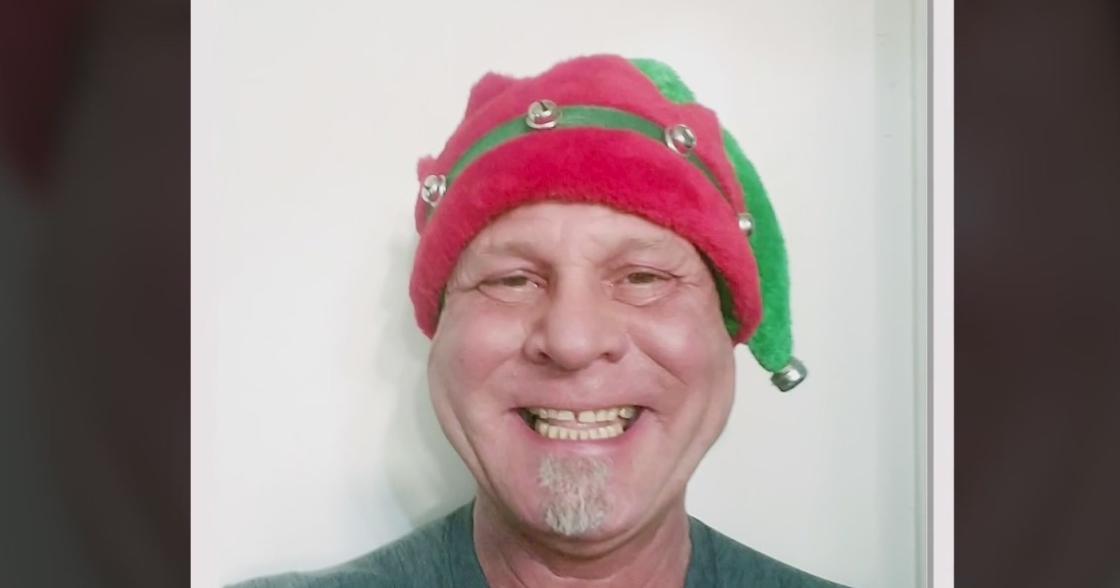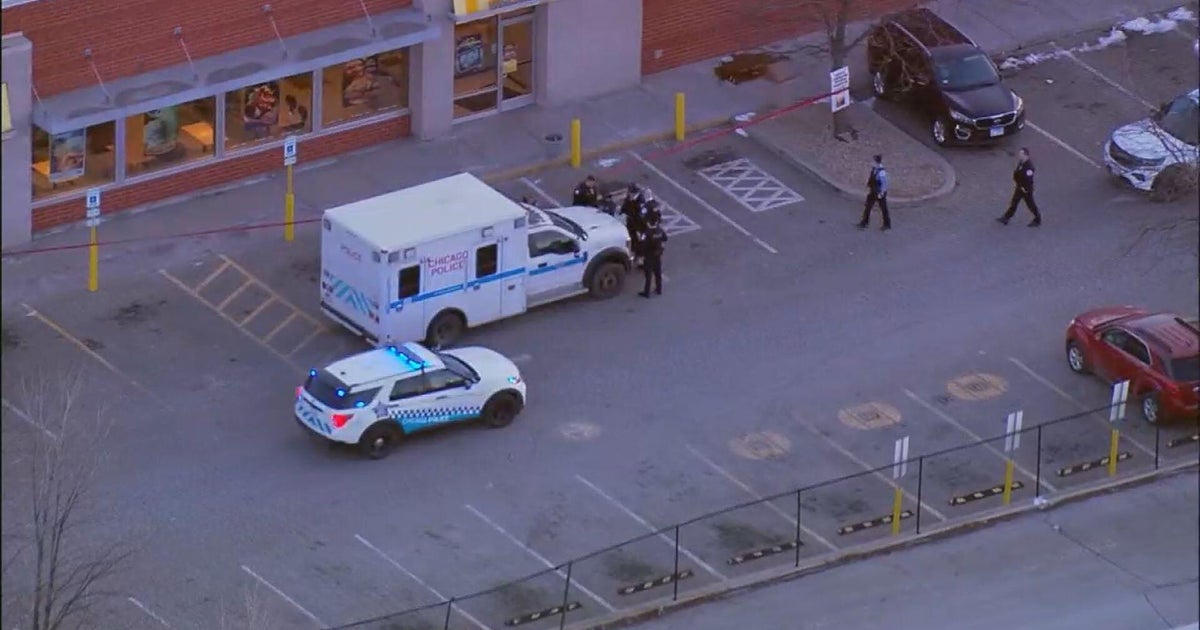Pain remains fresh, push for change strong six months after Highland Park shooting
HIGHLAND PARK, Ill. (CBS) -- The July 4th parade shooting last year shook the entire Highland Park community and beyond.
Six months later, CBS 2's Charlie De Mar sat down with a number of people directly impacted – from survivors to families who lost loved ones, emergency room doctors who treated some of the shooting victims, and the mayor.
All of them are on different emotional journeys as they look back at the past six months.
"It's something I think about every day," said survivor Lauren Bennett. "The trauma is very deep and very real."
"There's a silence that you don't really anticipate and that's been hard to fill," added Leah Sundheim, whose mother, Jacki Sundheim, was killed in the massacre.
It has been six months since the July 4th parade in Highland Park – a celebration of America's independence – was shattered by a particularly American problem.
"I looked down - my whole left side was bleeding," Bennett said.
Bennett was at the parade with her family, as she is every year.
"In that moment - thinking that I'm a target - I jumped up to run. My fight-or-flight kicked in," Bennett said. "As I did that, I was hit in the back."
Bennett was shot twice – one of dozens hit when prosecutors said a 21-year-old armed with an assault rifle fired down on the parade from a rooftop.
"And I was lucky, because I got out of there alive," Bennett said. "But one centimeter in any direction, and I wouldn't be here talking to you."
Seven people died in the attack:
- Katherine Goldstein, 64, of Highland Park
- Irina McCarthy, 39, of Highland Park
- Kevin McCarthy, 37, of Highland Park
- Stephen Straus, 88, of Highland Park
- Jacki Sundheim, 63, of Highland Park
- Nicolas Toledo-Zaragoza, 78, of Morelos, Mexico
- Eduardo Uvaldo, 69, of Waukegan.
Sundheim worked as an administrator at North Shore Congregation Israel in Glencoe. De Mar talked with her widower and daughter.
"For me there's just a massive hole in my heart; hole in my life," said Bruce Sundheim.
"It's just the sheer impact of how many people knew her, and that she touched," said Leah Sundheim.
Bruce and Leah Sundheim's interview with De Mar was their first since Jacki Sundheim's murder.
"Having her taken that way in such a horrible way, it just - you can't wrap your head around it," said Leah Sundheim. "I would hate for her memory to become something – this. I don't want it to just be this. I want her joy and her laughter be what people remember."
"I spent 30 (years) - half my life with her - planning for how things are going to go," said Bruce Sundheim, "and you get to the point in life where you can see that road and actually see exactly where you're going to be – and to have all of that just vaporize in front of you - it's difficult."
Bruce found out about the shooting from Jacki's sister, who was also at the parade and tried reviving her in the street.
"I was like: 'Shot? What do you mean shot?' And she like, 'Oh, she's shot – a lot of people have been shot.' And then I realized what had happened," said Bruce Sundheim. "As a society, we have to find a place where someone can't just wake up and decide, 'I'm going to go out and shoot 50 strangers.'"
Within days of the mass shooting, a movement began to ban assault rifles federally. It was led by those closest to the trauma – including Highland Park Nancy Rotering, who testified before Congress.
Bennett appeared at a hearing with lawmakers. She has also joined a lawsuit against gun manufacturer Smith & Wesson – the brand of rifle used in the shooting.
One of the youngest victims – 8-year-old Cooper Roberts, who is paralyzed from the waist down - is also part of the lawsuit.
De Mar asked Bennett why it has been important for her to use her voice.
"I'm hoping we can save lives," Bennett said. "I'm hoping that another parade isn't the site of another mass shooting – or anywhere."
"Being mad and angry about it isn't going to change anything," added Leah Sundheim.
The community is still working to recover – speaking for seven lost lives, and finding a collective voice for change.
